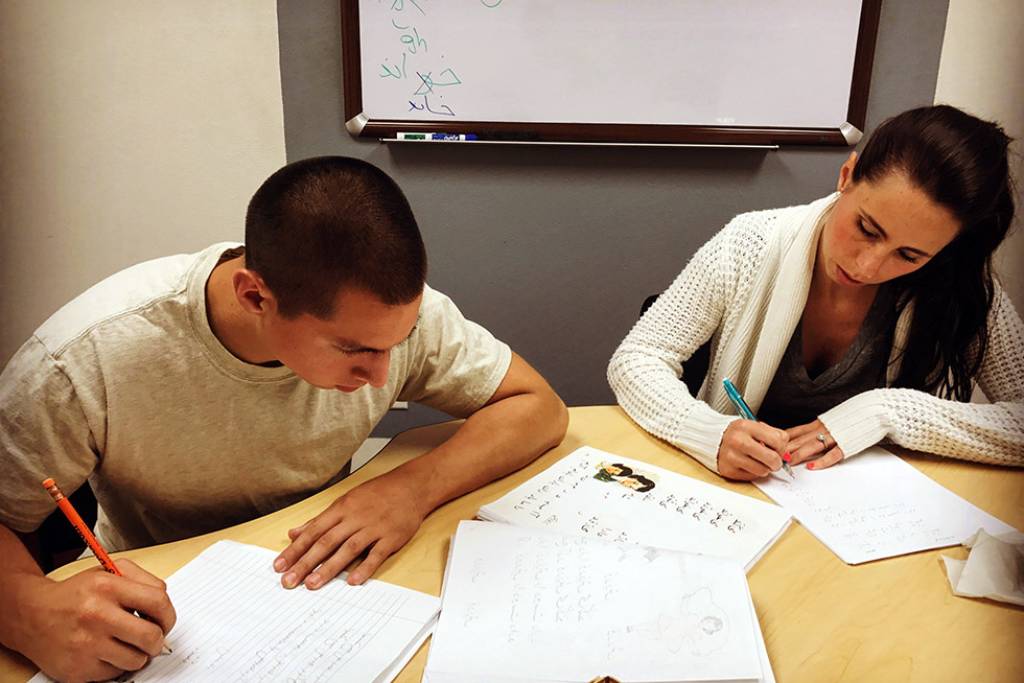For kids and Teens
Academic Tutoring: Middle School

Middle School ELA and Social Studies
- Middle School English is a transitional period for students. Having learned how to write an essay in elementary school, middle school trains students to create proficient 3-4 paragraph essays, including more robust commentary, proper citation form, and the inclusion of counterarguments.
- Students also begin to read more sophisticated books and engage with the concepts of theme and characterization.
- In Social Studies, students begin a more in-depth exploration of world and US history, often involving writing more serious argumentative and DBQ essays as well as introducing more critical thinking involving such historical thinking skills as continuity and change, compare and contrast, and cause and effect.


Middle School Mathematics and Science
- In middle school, students begin to prepare for the more rigorous math in high school. This means that middle school math is both the culmination of the past years of elementary math and a preparation for the more advanced math to come. Thus, tutoring for middle school math is an opportunity to help solidify a student’s foundations or prepare them for taking on more advanced math.
- Middle school is also the first opportunity to take more accelerated math courses, allowing students to progress more quickly through the required math progression and having the opportunity to take more advanced math classes in high school such as Calculus. Qualification for these enhanced or accelerated math classes in middle school is often based on class performance, teacher recommendations, and scores on placement examinations.
- Finally, middle school science begins to introduce students to a more complex and comprehensive look at topics ranging from ecosystems and biodiversity to Newton’s laws and chemical reactions. Like other subjects, science also begins to include more writing and critical thinking through CERs (Claim-Evidence-Reasoning).
